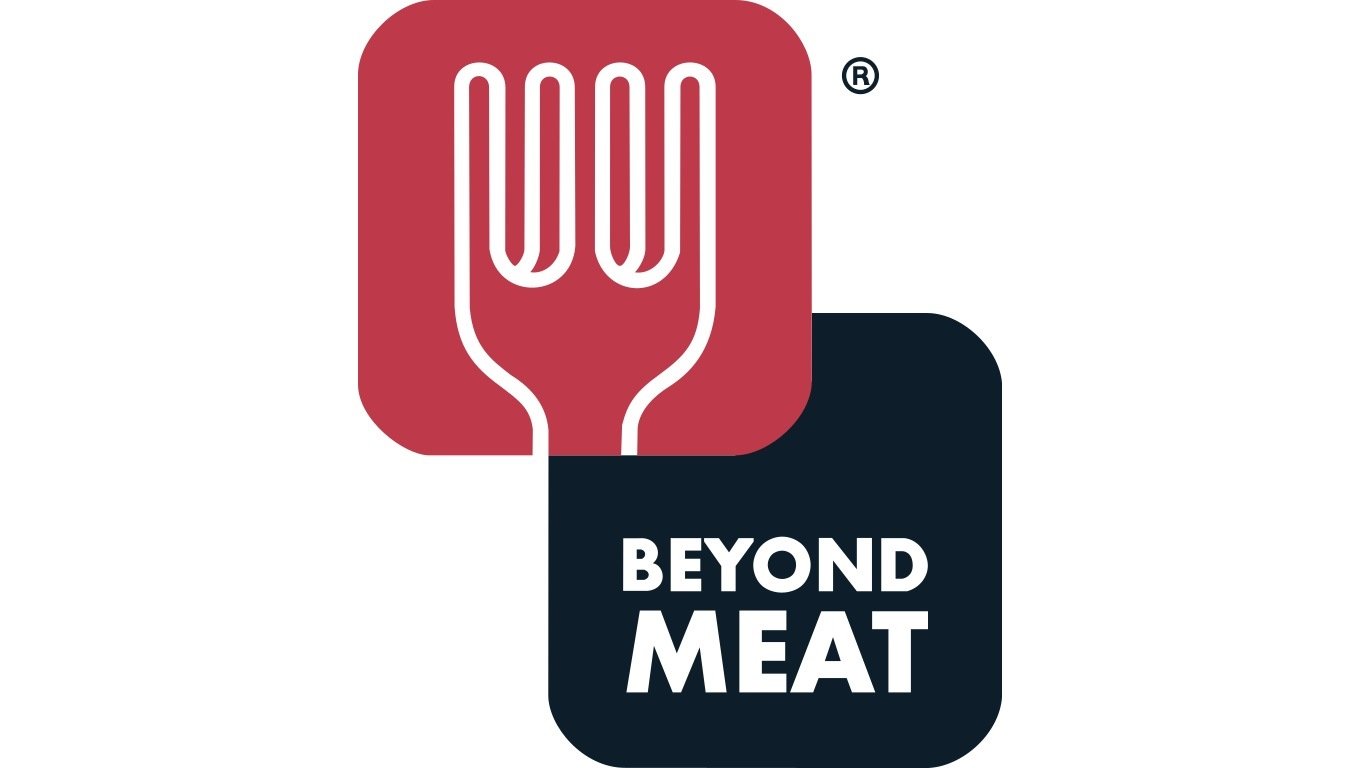Companies and Brands
Reality Sets in for Beyond Meat as Wall Street Resets Expectations

Published:
Last Updated:

It is without argument that the initial public offering of Beyond Meat Inc. (NASDAQ: BYND) has been above and beyond stellar in 2019. That comes at a time when many of the so-called unicorn IPOs have seen their multibillion-dollar valuations take a serious belly flop into the pool that is the stock market.
Beyond Meat’s valuation previously was ignored, and it was valued at more than $10 billion earlier in the year. Now that more competition is coming on line and now that some people realized its market cap might be worth more than the entire meat replacement industry sales for some time, Wall Street has tempered at least some of its expectations.
Multiple analyst calls released a wrecking ball on Beyond Meat shares during the week of October 18. What is interesting about the calls is that most of the views concern valuations rather than over the company’s leadership and positioning with key food stores and restaurants that can vault up its sales. Beyond Meat has revolutionized the plant-based protein market for meat alternatives, but it faces stiff competition from Tyson, Impossible, Unilever, Nestle and others. Meat alternatives offerings have been on the shelves for years from the likes of Field Roast, MorningStar Farms, Gardein, Boca, Gardenburger (Kellogg) and others.
Independent research firm CFRA initiated coverage on Beyond Meat with a Sell rating and a $120 price target. The firm sees its massive growth slowing but still rising at impressive levels. Its model forecasts 211% sales growth in 2019, and then slowing to 53% in 2020. From 2019 to 2030, CFRA is projecting that Beyond Meat’s sales will grow at an average compounded annual growth rate (CAGR) of 28%. While the firm did warn that it could underestimate the size of the total alternative meat market and that the company could raise guidance even further, the report said:
Our Sell recommendation reflects our view that Beyond Meat’s rich valuation doesn’t justify the fundamentals. Investor expectations seem overly optimistic, evidenced by over a 400% share price appreciation since its $25 IPO and its EV-to-forward sales ratio of over 20x. We expect the stock to face significant downside pressure when up to 80% of its shares outstanding become a part of its float on October 29 (2019), since insiders and private equity firms will likely cash out their large gains. We also expect competition to heat up due to larger packaged food peers entering this space and Impossible Foods’ recent debut to the retail market.
Bernstein reiterated its Market Perform rating, but the firm lowered its target price to $130 from $172.
On October 17, Merrill Lynch maintained its Neutral rating but lowered its price objective to $150 from $182. The shares were at $122.05 ahead of that call. The firm applied a valuation of 10 times the enterprise value (EV) to sales multiple on its 2023 sales estimate (discounted back at a 9.0%) and used Monster Beverage as a base comparison that has traded over the past five years at seven to eight times the same EV/sales metric. It then applied a premium to the Monster numbers because of Beyond Meat’s increased visibility to higher sales coming from new strategic partnerships.
On October 14, Wells Fargo issued a new Market Perform rating and assigned only a $125 target price. Beyond Meat shares closed at $131.39 ahead of that call. The firm is bullish on plant-based products as a whole, and it sees Beyond Meat as well positioned to grow. Still, the super-high share price fully reflects that upside at current prices. It did not commit to upgrade the stock as its shares pull back substantially, but the report was by and large positive on the company’s developments and opportunities.
Investors should also keep in mind that Beyond Meat priced a secondary offering at $160 per share over the summer, and that was after the stock price had risen to as high as $239.71. Beyond Meat indicated in its filing that the net proceeds from the secondary offering continue to increase its production and supply capabilities, pay for marketing and promotional activities and are for general working capital purposes, but only a small portion of the 3.25 million shares originally filed were sold by the company itself.
Shares of Beyond Meat were last seen down 5.8% at $110.51 on Friday ahead of the noon hour. Its post-IPO trading range has been $45.00 to $239.71. Even after its valuation has been more than cut in half, it has a $6.6 billion market cap.
Finding a qualified financial advisor doesn’t have to be hard. SmartAsset’s free tool matches you with up to 3 fiduciary financial advisors in your area in 5 minutes. Each advisor has been vetted by SmartAsset and is held to a fiduciary standard to act in your best interests. If you’re ready to be matched with local advisors that can help you achieve your financial goals, get started now.
Thank you for reading! Have some feedback for us?
Contact the 24/7 Wall St. editorial team.